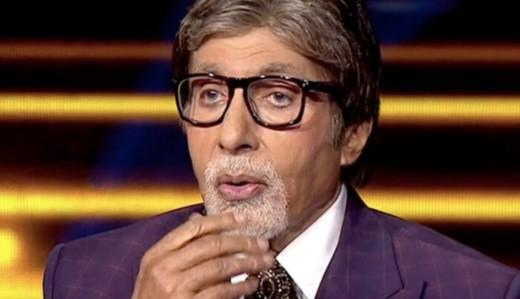
Title: There’s a limit to tolerance: Aditya Narayan on ‘Sardaar Ji 3’ row
The casting of Pakistani actress Hania Aamir in the upcoming Punjabi film ‘Sardaar Ji 3’ has sparked a heated debate, with many Indians expressing their displeasure and calling for a boycott of the movie. Amidst the ongoing conversation, singer Aditya Narayan has weighed in with his views, advising Diljit Singh, the lead actor of the film, to “make amends” with the backlash.
In a recent interview, Aditya Narayan spoke about the controversy surrounding ‘Sardaar Ji 3’, saying, “I don’t have anything to say about their actions…Make amends, that’s all.” He further added, “It’s very sensitive topic…Love will always be our message, but there’s limit to tolerance.”
Aditya’s comments come at a time when the debate surrounding cross-border collaborations in Bollywood has intensified. While some have hailed such initiatives as a step towards promoting cultural exchange and understanding, others have criticized them as a betrayal of national sentiments.
The ‘Sardaar Ji 3’ row is just the latest in a series of controversies surrounding Pakistani actors in Indian films. In recent years, several Pakistani actors, including Fawad Khan and Mahira Khan, have faced backlash for their roles in Indian projects. Despite the controversy, many in the industry have continued to support cross-border collaborations, citing the importance of promoting peace and understanding between nations.
However, Aditya’s comments suggest that there may be a limit to tolerance when it comes to such collaborations. By advising Diljit Singh to “make amends” with the backlash, Aditya seems to be acknowledging that there are certain boundaries that should not be crossed.
It’s worth noting that Aditya’s views are not necessarily representative of the entire Indian film industry. Many artists, including actors and musicians, have continued to express their support for cross-border collaborations, despite the controversy.
In recent years, there have been several instances of Indian and Pakistani artists coming together for projects. These collaborations have often been hailed as a step towards promoting cultural exchange and understanding between the two nations.
One of the most notable examples of such a collaboration is the song “Bharat Ke Veer”, which was released in 2019 and featured a mix of Indian and Pakistani artists. The song was released to promote the Indian military and was widely praised for its message of patriotism and unity.
However, despite such examples of cross-border collaboration, the ‘Sardaar Ji 3’ row has highlighted the ongoing tensions and debates surrounding Pakistani actors in Indian films. The controversy has sparked a heated debate on social media, with many Indians calling for a boycott of the film and others expressing their support for Diljit Singh and Hania Aamir.
As the debate surrounding ‘Sardaar Ji 3’ continues to unfold, it remains to be seen whether such collaborations will continue to be a part of the Indian film industry’s future plans. While some have hailed such initiatives as a step towards promoting peace and understanding between nations, others have criticized them as a betrayal of national sentiments.
For now, it seems that there is a limit to tolerance when it comes to such collaborations. Aditya Narayan’s comments suggest that while love and understanding are essential messages in the Indian film industry, there are certain boundaries that should not be crossed.
In conclusion, the ‘Sardaar Ji 3’ row is a complex issue that highlights the ongoing tensions and debates surrounding Pakistani actors in Indian films. While some have hailed such collaborations as a step towards promoting cultural exchange and understanding, others have criticized them as a betrayal of national sentiments.
As the debate continues to unfold, it remains to be seen whether such collaborations will continue to be a part of the Indian film industry’s future plans. One thing is certain, however – there is a limit to tolerance when it comes to such collaborations, and it’s up to artists like Aditya Narayan to advise and guide their peers accordingly.






